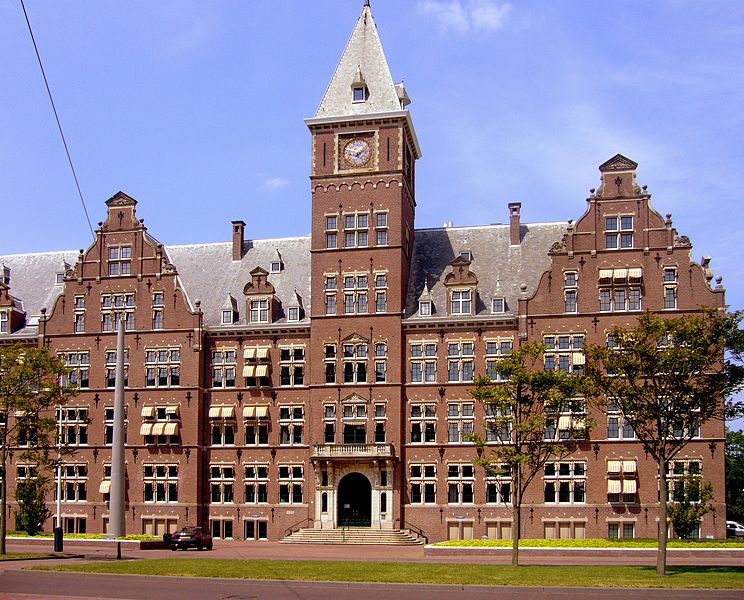
Shell Petroleum Development Company of Nigeria has not yet made any progress on cleanup efforts following two large crude oil spills from its rusting pipelines near the Ogoni village of Bodo in the Niger delta in 2008.
Shell accepted that it had responsibilty and pledged to fully restore the damage done by spills which led to a global outcry by the UN, Amnesty International and the Nigerian government about pollution in the area.
Shell, which made a profit of £19.1bn in 2011, has been accused of neglecting clean-ups in Nigeria in comparison with the rest of the world.
Shell intially started small pilot schemes in five areas, however, restoration efforts have not yet begun in the most contaminated areas around Bodo and the Gokana district of Ogoniland.
Fishing and farming communities of the impoverished Ogoni communities have not received any compensation and say they cannot return to work.
Senior partner at London-based law firm Leigh Day, Martyn Day, told The Guardian the creeks remain extremely polluted as the comprehensive clean-up is yet to begin.
How well do you really know your competitors?
Access the most comprehensive Company Profiles on the market, powered by GlobalData. Save hours of research. Gain competitive edge.

Thank you!
Your download email will arrive shortly
Not ready to buy yet? Download a free sample
We are confident about the unique quality of our Company Profiles. However, we want you to make the most beneficial decision for your business, so we offer a free sample that you can download by submitting the below form
By GlobalDataLeigh Day represents the 11,000 affected villagers. Martyn Day recently returned from the Niger Delta following an assessment of the clean up.
"Next to nothing has happened and where work has commenced it has been totally amateurish," said Day.
"Shell seems to be trying to undertake the clean-up on the cheap which will mean the people will be left with the aftermath for generations."
Shell Petroleum Development Company of Nigeria spokesman said, "SPDC is committed to cleaning up all spills, no matter what the cause, from its facilities."
Shell cited criminal activity including theft, sabotage and illegal oil refining by villagers for oil spilt in the Bodo area.
Amnesty International interim Africa programme director Audrey Gaughran said there is no evidence to support Shell’s statement that oil pollution visible at Bodo is due to sabotage.
"Amnesty International has shared with Shell all of our evidence, including video footage, photos, satellite images taken over relevant time periods," said Gaughran.
"By contrast, although we have asked Shell for evidence to support their claim of sabotage, they have never responded."
In 2011, the UN environment programme reported a $1bn clean-up of the whole region, following a three-year peer-reviewed study funded by Shell.
Image: Royal Dutch Shell headquarters in The Hague, Netherlands. Photo: P.L. van Till.


